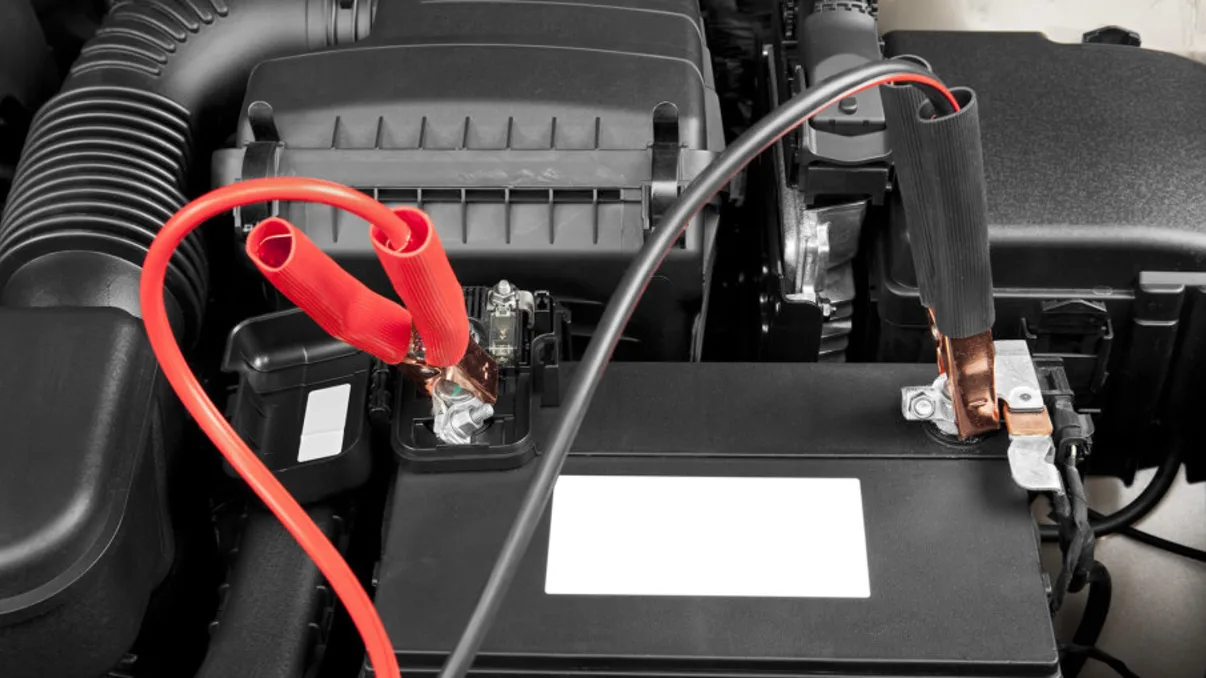
How To Keep Your Car Battery Healthy
Posted in Bigbox Service Tips
Published Sun 19 Feb 2023
How To Keep Your Car Battery Healthy
Looking after your car battery by taking some simple steps will not only extend your cars battery life, but also delay the inevitable flat battery. Car chargers, portable DVD players, frequent short trips or long periods of non-use are just a few of the ways that can affect your car battery and its health.
The weather can also affect your car battery. Some studies suggest that car batteries are even more likely to fail in the heat of the summer than they are in winter. Why is this? Extreme summer heat, or electric components putting a constant drain on the battery, can increase the amount of sulfates. Heat can accelerate chemical activity, which is why the ideal operating temperature for a car battery is 26.6 degrees. The warmth in the surrounding air can help the battery function well.
Have you had your battery tested recently?
What is the condition of your battery?
It definitely isn’t the end of the world for you, especially if you have Roadside Assistance. However, to keep you on the road and your car batteries healthy here are a couple of tips that we hope will help you.
Drive Your Car
It’s super simple. Cars are supposed be driven and it helps your battery stay healthy and live for longer. You may not know it, but your car uses the battery to help the ignition process.
As you start driving the car battery is then recharged by the engine. Some drivers though might not drive quite far enough to recharge what it took the battery to start the car. This is then amplified if you drive only a short distance to get to work everyday.
Eventually the battery goes flat because of not being able to charge. Whilst it isn’t a specific measure, 10-15mins of driving is sufficient for recharging the battery, but the longer the drive the better!
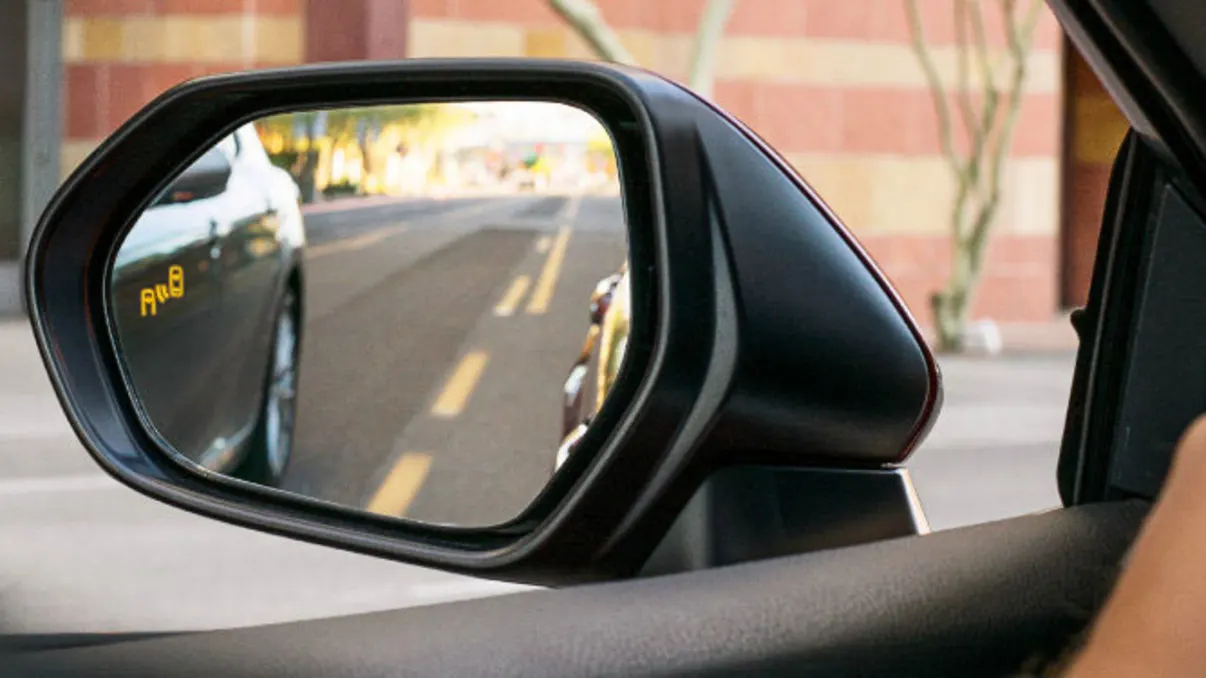
Keep It Running
Cars are made to be driven, leave them sitting for too long isn’t recommended or encouraged. Batteries, specifically, need to be used or else they’ll just go flat.
So if your leaving your car for more than a week, and especially if you’re leaving it stored for longer – maybe you’re moving for work or off on a big holiday – think about taking the battery out of your car and charging it fully before you put it back in when you’re ready to get back on the road.
If you’re constantly running a lot of electrical accessories out of your car, investing in a battery charger will be a lot more economical than having to buy a new battery every eighteen months.
Turn Off and Disconnect Electronics
Car chargers and power adapters are great, not only can they charge your mobile phone or power a GPS unit, they can also be used to run portable DVD players. When your car is running with the engine on, this isn’t a problem at all, but be careful when you turn your car off or leave it on auxiliary power.
When you turn your car off or leave it on auxiliary power, the electronics that are powered through your car can still have power being used from the battery. It might be unintentional to leave these items plugged in, but they can have a similar effect to leaving your headlights on!
It’s simple to unplug and pack the cables away. In addition it will make your car less desirable to thieves.
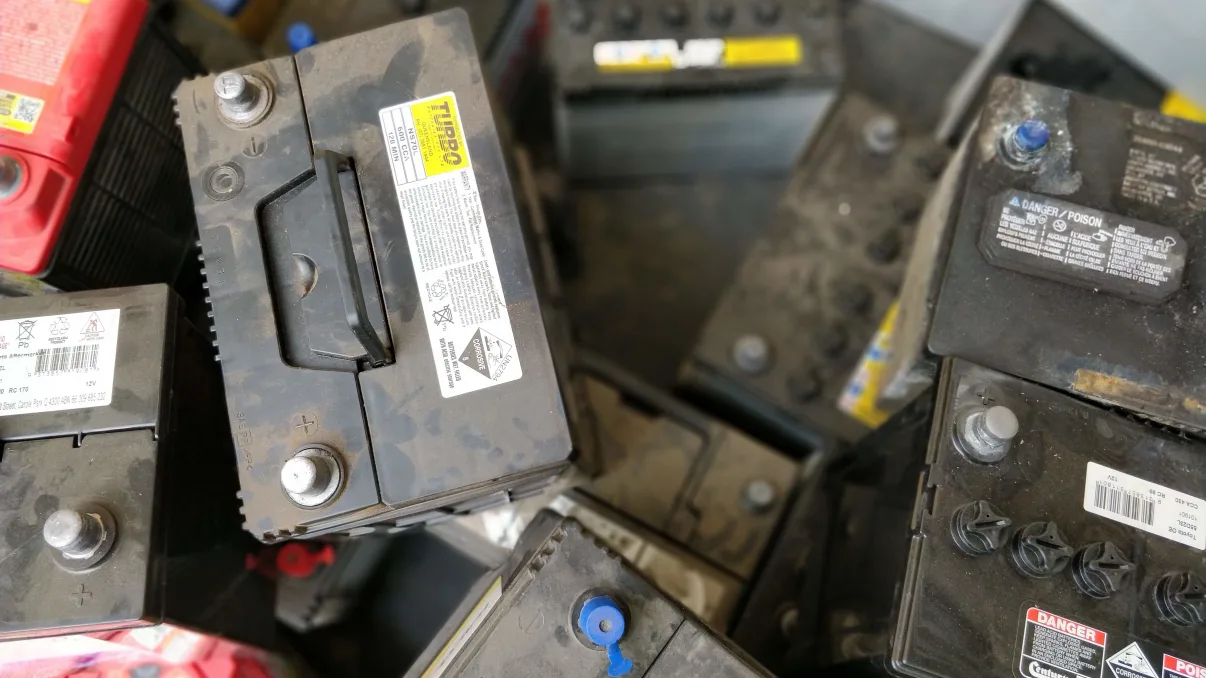
Check The Expiration Date
Modern car batteries are pretty durable, but they also have to power a lot more than they used to. Most cars now have a whole range of powered accessories, certainly more than the headlights, radio and heater that were the standard equipment of days gone by.
Most batteries are designed to last at least a couple of years, and reputable manufacturers will guarantee this with a warranty.
If you’re finding your car is starting to need a jump-start to get it going, check how long it’s been under the hood – if it’s less than three years and you don’t usually run a lot of accessories off the battery, check with the manufacturer or contact us to see what could be causing it.
Check The Rest Of Your Car
The other parts of the car are just as essential, and it’s important to keep everything running smoothly so you don’t put any extra stress on the battery.
Check that your heating and cooling system is well maintained, and that major electrical equipment like the in-cabin and signal lighting, multimedia system and power accessories (like windows or mirrors) are all functioning normally.
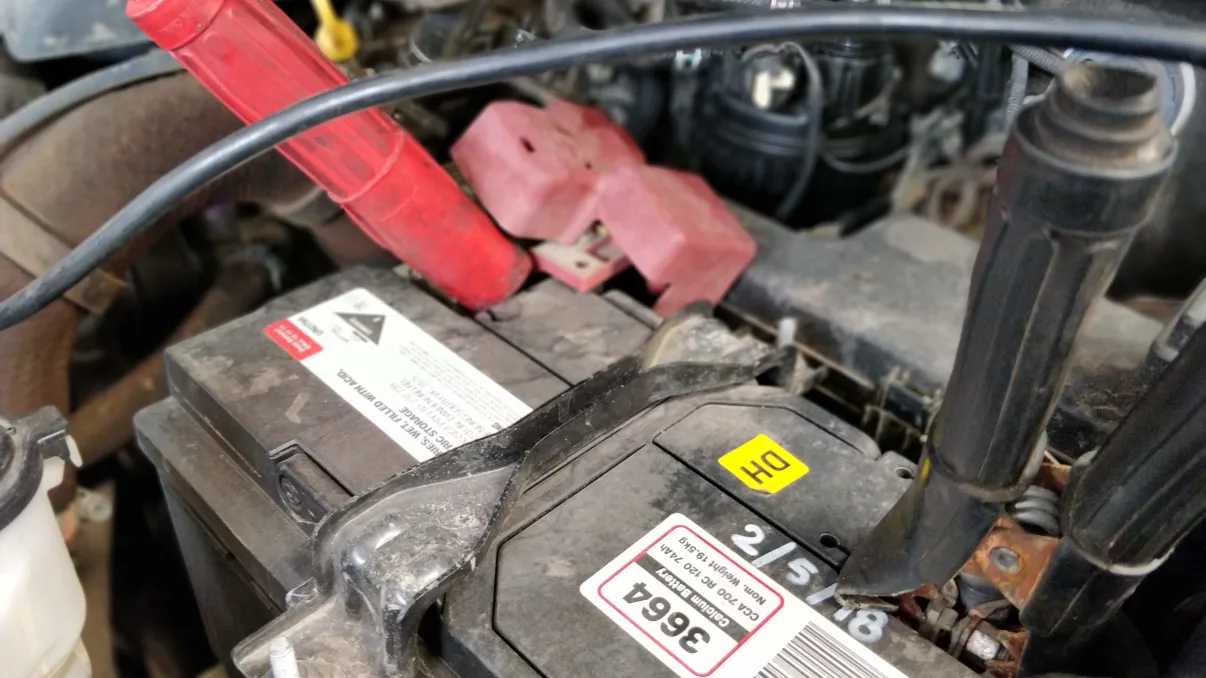
Maintain Your Battery
Especially during summer and winter, maintenance of your car battery is very important. There are a number of things you can do to prolong your battery's life, saving you time and money, and most importantly reducing the risk of finding yourself stranded with a flat battery.
- Keep battery terminals clean and dry at all times
- Maintain fluid levels but never over-fill your battery
- Distilled water is recommended for topping up your battery
- Never leave your battery standing for long periods without being charged
- Secure your battery as vibrations can damage the battery plates
- Don’t drain your battery by leaving lights or accessories on
- Read your owner's manual before disconnecting your battery to ensure that computer or radio memories are not lost
Car batteries do however have a limited life and on average will last around 3 years. Once a battery beings to fail after 3 years of age, it will rarely respond to re-charging.
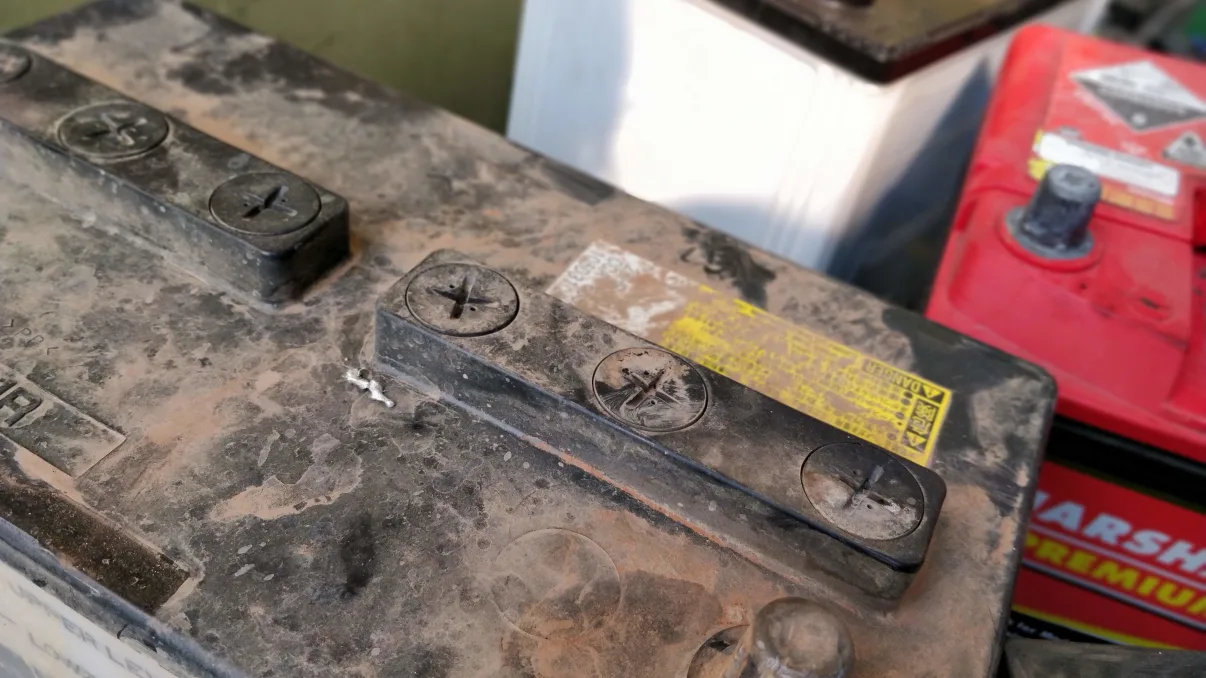
Spot Battery Problems
There are some warning signs that indicate battery problems than simply a car that won't start one morning. If you spot any of the following symptoms, make sure you get to us to have your car battery checked out.
Clicking sounds
If you turn the key to start the engine but all your get back is a clicking sound, it's likely the battery doesn't have enough power to engage the starter motor. This could be due to incomplete charging by the alternator. Take your vehicle to a service centre to check the charging system and the battery.
Another reason for the clicking sound can be a faulty starter solenoid or relay that isn't able to supply enough power to the starter.
Corrosion
Battery corrosion, which appears as coloured fuzzy build up, can mean you have a leak that can contribute to poor performance. It is particularly damaging to lead acid batteries and can shorten their lifespan, with corrosion impeding the flow of electrons to battery terminal cables. If you can see enough corrosion for it to appear as a small layer of white fuzz on the battery terminal, it's likely the electrical consequences are building. It's important to eradicate this corrosion and prevent future outbreaks to extend the battery's life.
Regular battery maintenance should help to reduce corrosion, and there are also spray-on and paint-on preventative liquids to perform a similar function. Coated felt pads can be fitted underneath terminals to absorb any leaking acid.
Dead battery every morning
Your battery charges as you drive your car, so if you notice your vehicle frequently won't start despite having charged it the day before, there could be something wrong. This often occurs in very hot and very cold weather conditions.
Start by checking none of your accessories have been left on due to a faulty ignition switch. Bad alternators and regulators can also lead to this issue, while low electrolyte levels will cause a battery to die frequently.
Intermittent starting
When your car starts well one day but then fails to do so the next, you may have an issue with your battery terminals. They could be loose, broken, corroded or calcified. Even when terminals are only slightly loose, they can still cause issues with starting the car.
Dim lights
If your lights are dimmer than usual or fade as the car runs, there could be a problem with your batter or the alternator. Check the battery's charge to ensure it has enough voltage - if it's below 13.5, there's likely the alternator is not keeping up with it. If the charge is around 13.5-15, there may be something wrong with your battery.
No matter how new and well maintained your battery is, if it's not getting frequent enough use it is much more likely to go flat and require jump starts. This can be an inconvenience at the best of times, so make it a priority to regularly drive your car to ensure it's ready when you need it most.

Choose.Buy.Enjoy
A better way to buy and sell used cars.





